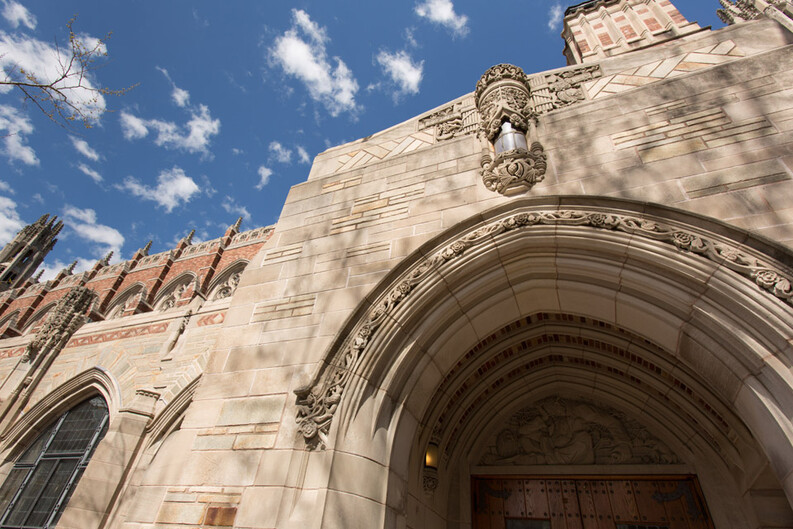CED Clinic Advocates for Worker Cooperatives

The Connecticut General Assembly’s Judiciary Committee voted unanimously on April 18, 2018, to send bill H.B. 5442, which would allow nonprofits to become members of worker cooperatives, to the floor for further consideration. The bill was considered by the Commerce Committee in March, where it also received a joint favorable vote to the floor. The Economic Development Corporation of New Haven (EDC) brought this issue to attention of the General Assembly. Students from The Ludwig Center for Community & Economic Development at Yale Law School worked with the EDC to research, draft, and advocate for the bill.
Worker cooperatives are businesses in which employees exercise democratic control over governance and share directly in profits. Worker cooperatives have the potential to create stable jobs and wealth-building opportunities in distressed communities, especially for those who face employment barriers.
On March 24, 2018, New Haven Mayor Toni Harp testified in front of the Commerce Committee that she would like employee-owned businesses to be part of New Haven’s economic development strategy. Mayor Harp traveled to Cleveland, Ohio last year to visit the Evergreen Cooperative Network, where employees own and operate an industrial laundry, solar power plant, and greenhouse. These businesses bring stability and living wages to the city’s low-income residents, according to the clinic. In written testimony, Ginny Kozlowski, the Executive Director of the EDC of New Haven, also indicated her organization’s interest in spurring the development of worked-owned cooperative businesses in New Haven.
“Worker cooperatives provide an opportunity for low-wage and middle-class workers to own, lead, and manage small businesses,” Kozlowski wrote. “In New Haven, we believe that worker cooperative businesses will be a win-win for workers and for the community.”
Nonprofit organizations can be important catalysts for these employee-owned businesses. Nonprofit partners can provide lower-cost start-up capital, leadership, and resources as these new businesses get off the ground. However, under current Connecticut law, nonprofits cannot be voting members of worker cooperatives, which limits their ability to support cooperative businesses. The City of New Haven, community development organizations, large institutions, and major foundations are ready to begin investing in more democratic workplaces, but cannot do so until the law is changed, the clinic said.
Adam Rice ’19, a student in the Community and Economic Development clinic, testified in March that Connecticut should pass the bill to join a growing list of states and local governments that recognize the inherent economic development benefits of worker cooperatives. Some municipalities, such as New York City and Madison, Wisconsin have established coalitions of nonprofits and other local-cooperative developers to provide legal, financial, and human resources support to new cooperatives. Lauren Hobby ’18, another member of the clinic, pointed to cooperatives as a potential model for retiring business owners to keep their companies local by passing them down to their employees. The students emphasized that cooperative businesses are unique and often requires expertise and guidance to get off the ground. Nonprofit foundations and community development organizations are well positioned to offer that guidance, they said.
At the Commerce Committee vote, State Representative Caroline Simmons (D-Stamford) stated, “We think this could be an excellent model to pilot here in Connecticut.”
Click here for the full video of the Community Economic Clinic students’ testimony.
The Ludwig Center for Community & Economic Development provides transactional legal services to clients seeking to promote economic opportunity and mobility.


